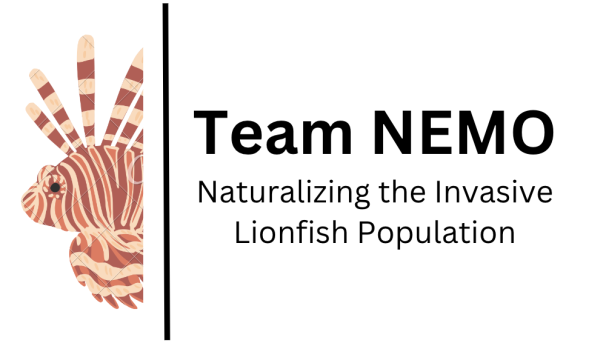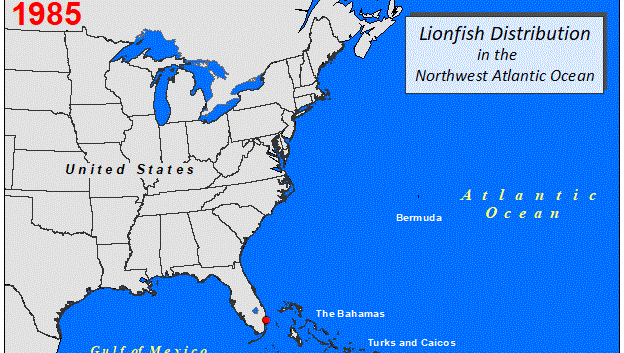This project is now in update mode. Check back regularly to see how things are progressing.
Tackling Invasive Lionfish to Protect Ecosystems and Communities
Who are We?
Team NEM(O2) (Naturalizing and Eliminating Malignant Oceanic Organisms) is part of the Gemstone Research Program's '26 cohort. We are focused on the invasive Pterois Volitans (Lionfish) population that has steadily been proliferating since the 1980s. Massive unchecked growth has devastated local ecosystems and imperil aquatic ecosystems and human supply chains. As Lionfish increase their North Atlantic fitness and climate change expands their potential reach, currently besieged regions are at risk of greater damage and northern bodies of water such as the Chesapeake Bay could see encroachment from the invasive species. NEM(O2) hopes to alleviate the problem through research into Lionfish naturalization. Our topics of interest include behavioral retraining of local predators to consume Lionfish, climate modeling to project the future of Lionfish migration, genetic susceptibilities of the species, and the efficacy of mechanical population-control measures.
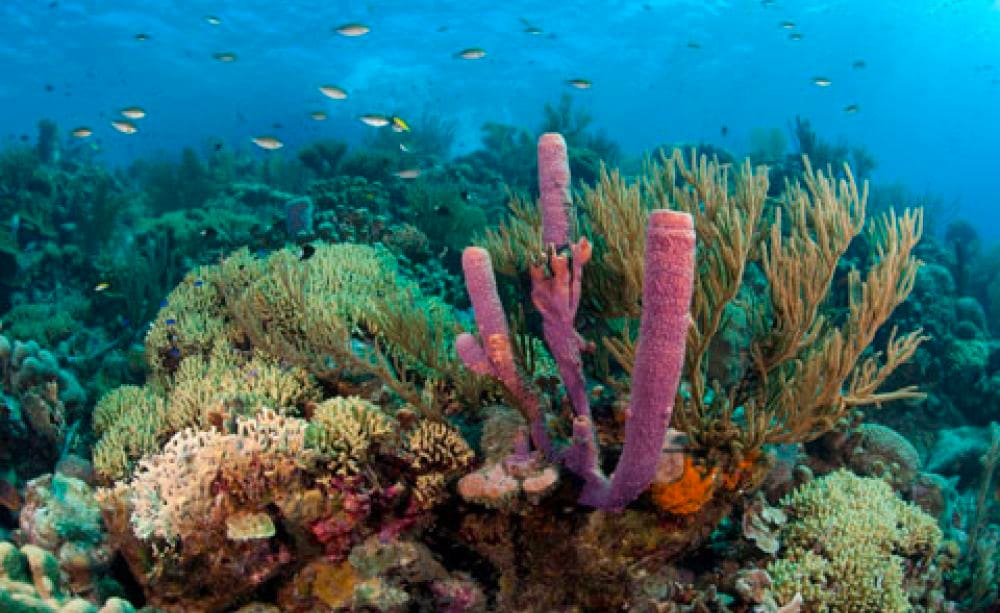 | 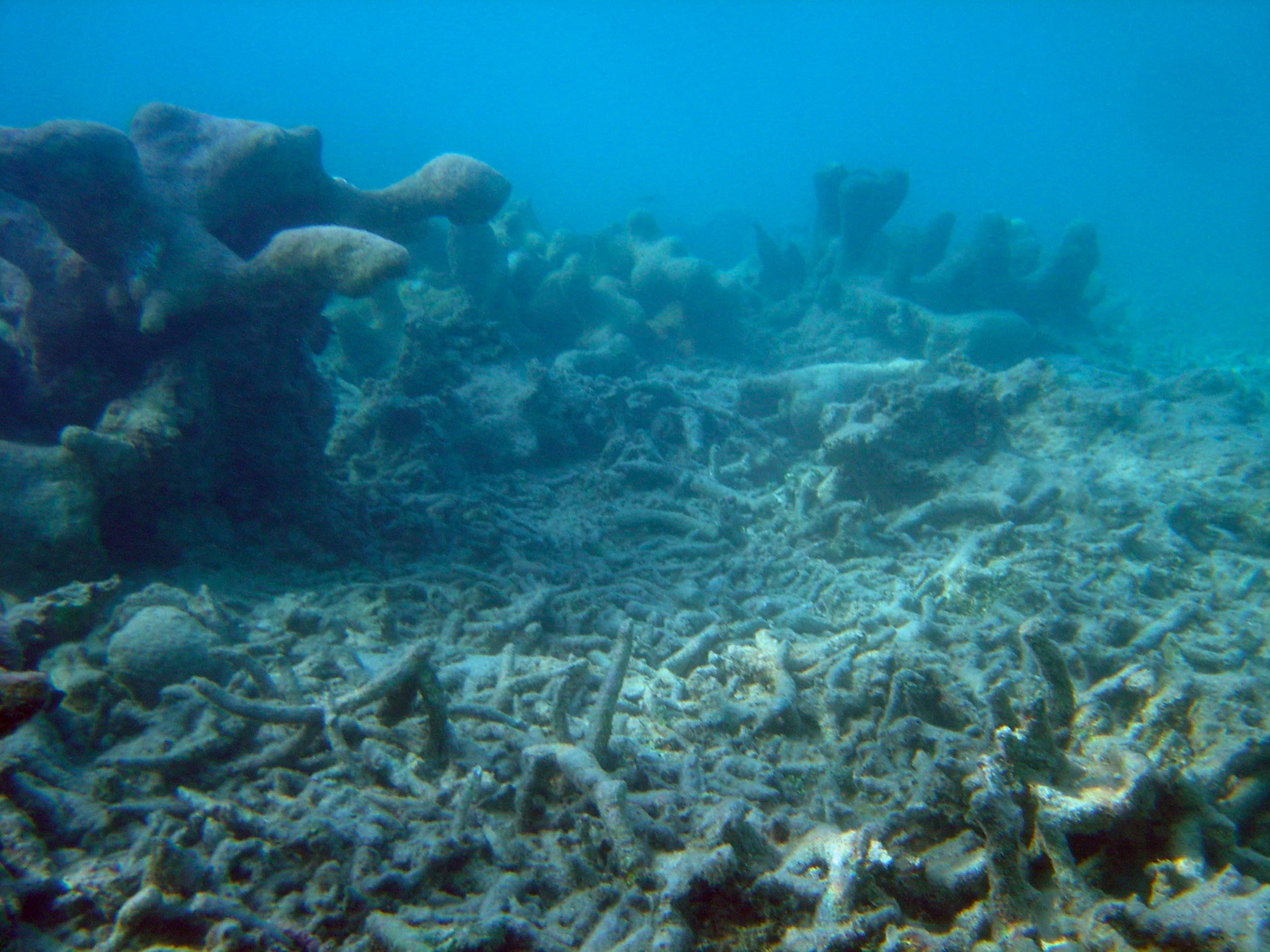 |
Before and after images representing the effect of Lionfish of Caribbean Coral Reefs
According to the National Oceanic and Atmospheric Administration, Lionfish have applied extreme stress to coral reefs. By over-consuming herbivores, no faunal species are keeping algal growth in check. As algal colonies expand exponentially, coral reefs are sapped of nutrients and become unsuitable homes for native aquatic species. There are many current approaches to the situation, however, all demonstrated limited effect and none come close to alleviating the problem.
What is Gemstone
Gemstone provides a unique environment where undergraduate students are able to push the current bounds of literature rather than learning things that people already know. Former in the Spring of 2023, Team NEMO is comprised of Computer Science, Biology, Political Science, Engineering, and Economics students. Gemstone allowed us to come together under the shared goal of alleviating the critical Lionfish problem. With the direction and expertise of our mentors, Dr. Rebecca Epanchin-Niell and Dr. Tye Kindinger, we hope to investigate novel approaches to dealing with this massive issue.
How You Can Help
With a project as ambitious as ours, our methodology will be incredibly multi-faceted. Your donations will directly support our field work, lab fees, registration and certification costs, as well as participation at research conferences and forums to improve and refine our techniques throughout our project timeline. Any amount you can contribute will be greatly appreciate and go a long way in helping us reduce the Lionfish blight.
Our Roadmap
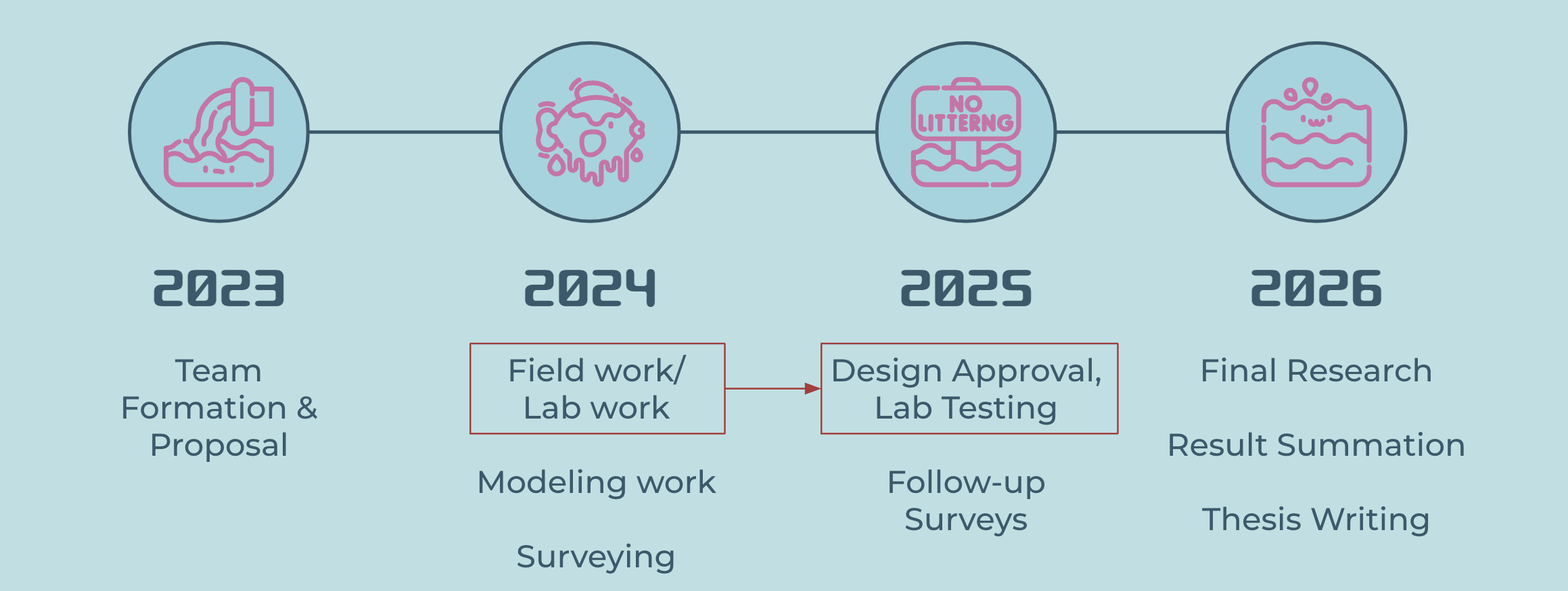
Formed in Spring of 2023, we are currently in the research and proposal segment of our research project. We are actively working with our on-campus mentor, Dr. Epanchin-Niell, to gauge the current situation and determine areas where we can investigate under-researched categories of the Lionfish invasion. By the end of the semester, we will have our final proposal submitted and begin field and lab work in Spring of 2024.
Gifts in support of the University of Maryland are accepted and managed by the University of Maryland College Park Foundation, Inc., an affiliated 501(c)(3) organization authorized by the Board of Regents. Contributions to the University of Maryland are tax-deductible as allowed by law. Please see your tax advisor for details.
$10
Minnow
You'll support us as fellow fish trying to clean up and heal our local aquatic ecosystems!
$25
Sunfish
Become a Sunfish donor and support us with a $25 dollar donation to help our research and team operations!
$50
Lemonshark
By donating $50, you can be a Lemonshark and tackle the Lionfish invasion head-on with us!
$100
Blue Whale
Donate $100 as a Blue Whale donor and allow Team NEMO to accelerate the pace of our research and field-based endeavors!
$250
Coral Reef
Donating $250 will help us preserve the health of these biologic behemoths but serve as a foundation reef for our team!

